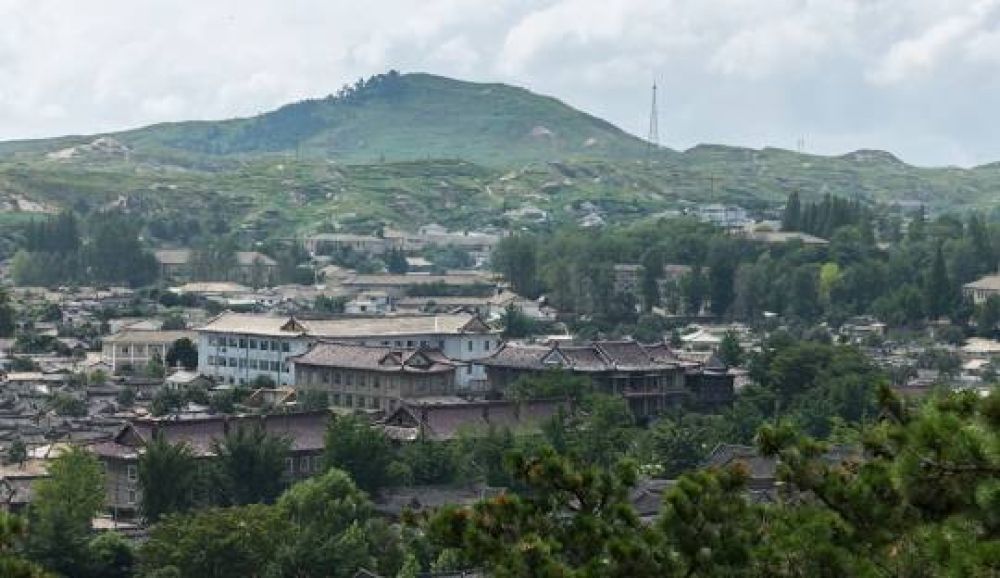

Kaesong, a city with a rich history that echoes the stories of ancient Koryo dynasty, stands as a unique destination within North Korea. Due to its historical significance and well-preserved heritage, it attracts those few travelers who navigate the complexities of visiting the hermit kingdom. Its proximity to the South Korean border has made it a focal point in the tumultuous relationship between the two Koreas.
Kaesong served as the capital of Korea during the Koryo dynasty from 918 to 1392. This era, revered for its cultural achievements and the creation of the Jikji, the world's oldest extant book printed with movable metal type, has endowed the city with an invaluable historical legacy. Its rich past has led to the designation of several sites as UNESCO World Heritage locales, attracting scholarly and cultural tourism interest.
Tourism in Kaesong, similar to the rest of North Korea, has been carefully curated and controlled by the state. Visits to the city are typically part of a guided tour, where interaction with local residents and independent exploration are heavily restricted. However, for history aficionados and those seeking a glimpse into North Korea beyond Pyongyang, Kaesong offers a unique window into the nation's feudal past.
Major attractions include the Kaesong Koryo Museum, located within the confines of a traditional Koryo dynasty education center, and the Tomb of King Kongmin, a 14th-century mausoleum known for its twin domes and carved stone statues.
Political tensions on the Korean peninsula have greatly affected tourism in Kaesong. The city has been pivotal in inter-Korean relations, hosting industrial complexes and serving as a venue for dialogue between the two nations. These dynamics have led to a wax and wane in tourist access, mirroring the fluctuating political climate.
The latest trends in tourism to Kaesong and North Korea are hard to gauge due to the secretive nature of the country’s policies. However, it has been observed that North Korea is increasingly trying to attract tourists, as seen through the development of the Wonsan-Kalma coastal tourist area and the ski resort of Masikryong. Whether Kaesong will become more accessible to tourists outside of tightly managed tours remains uncertain.